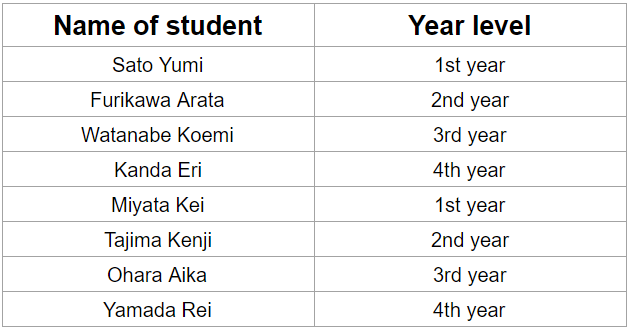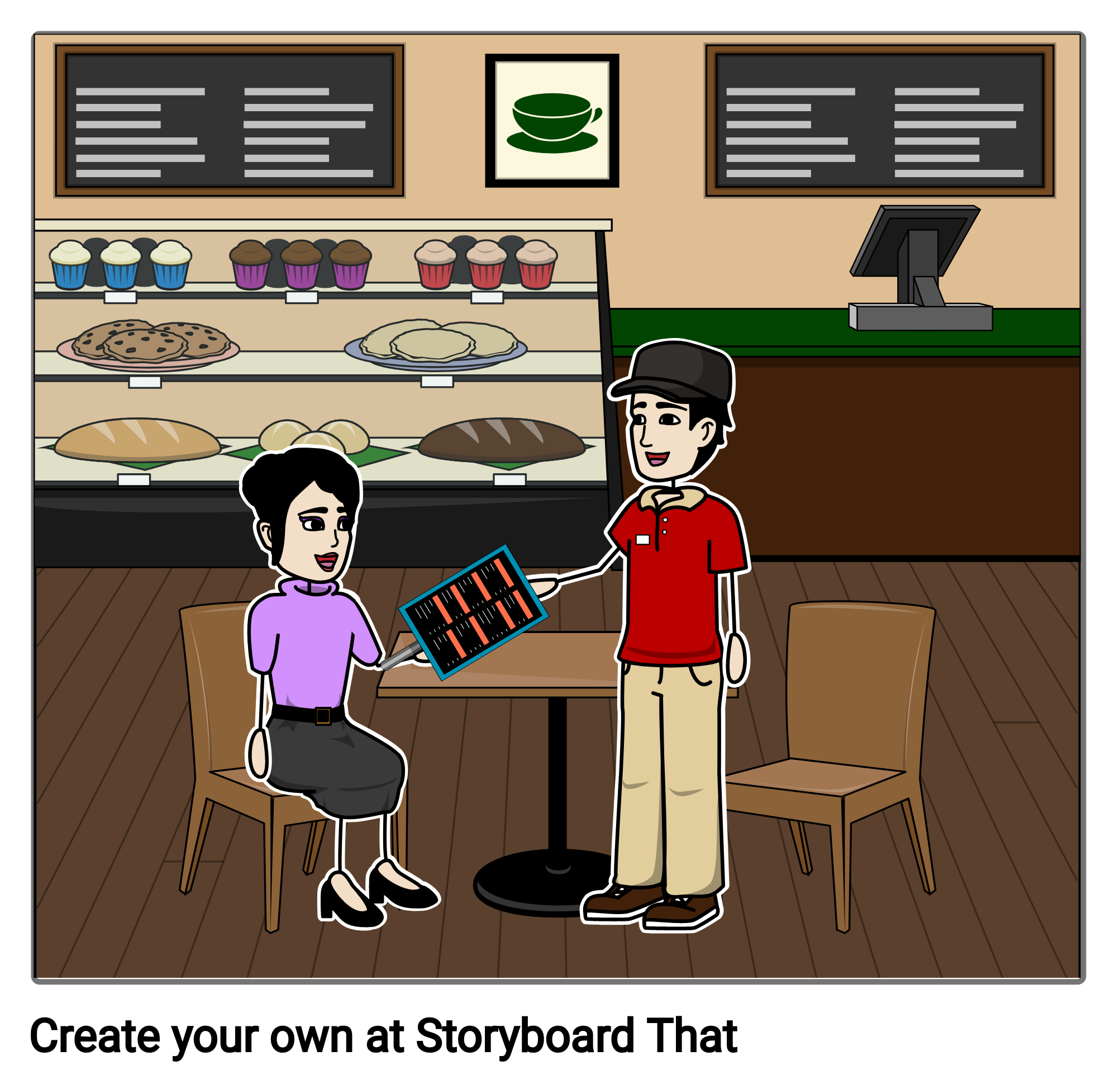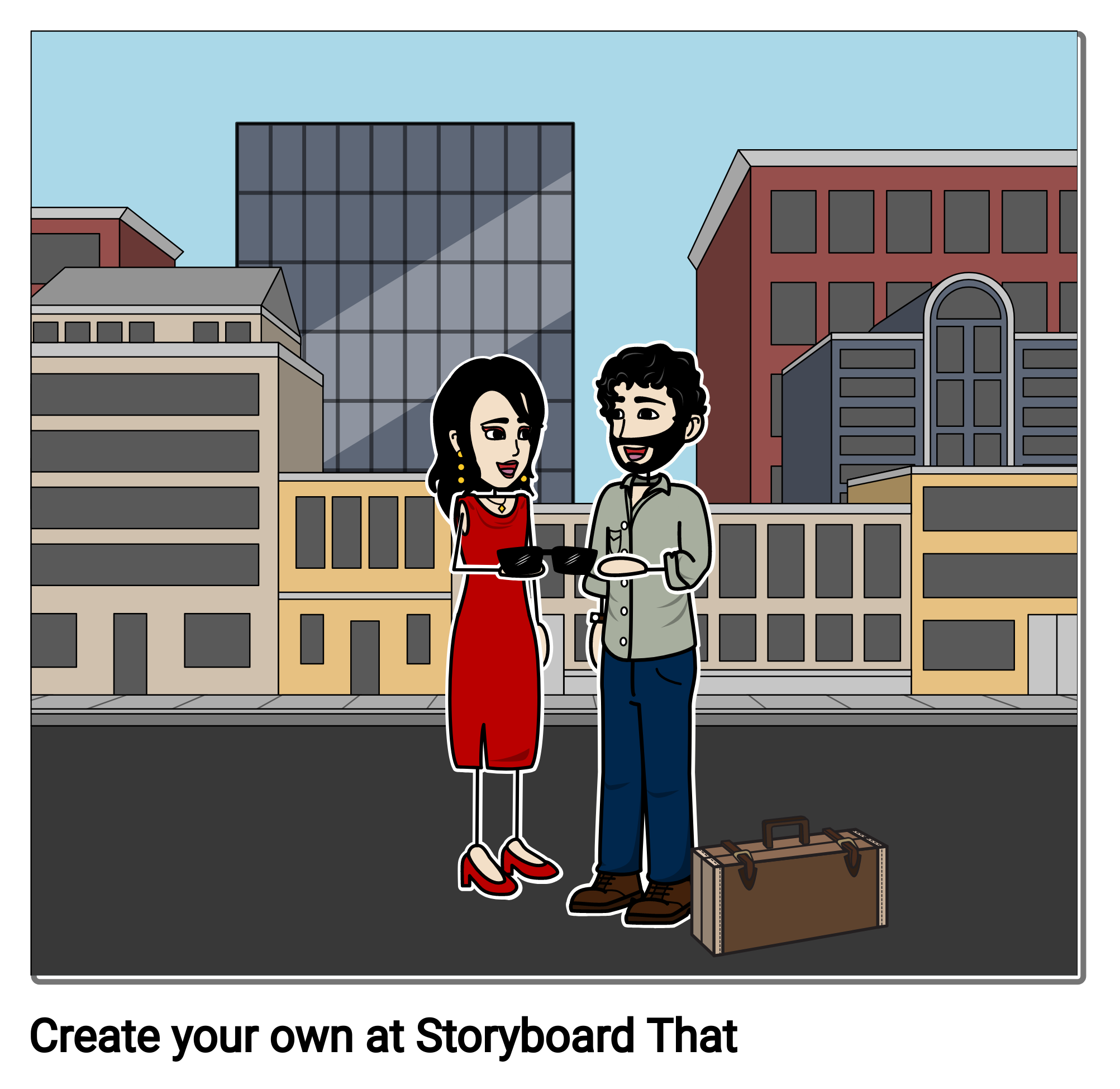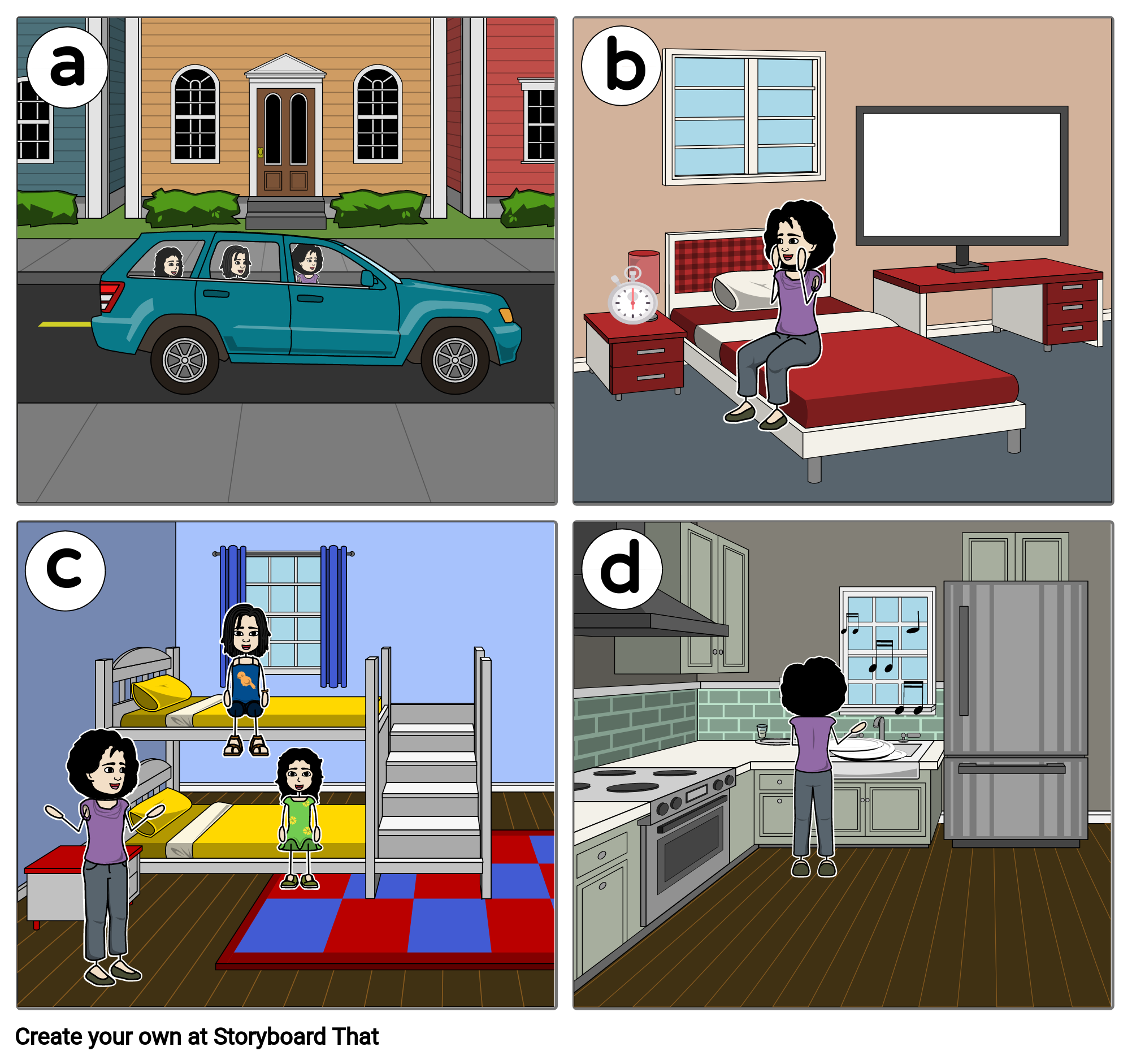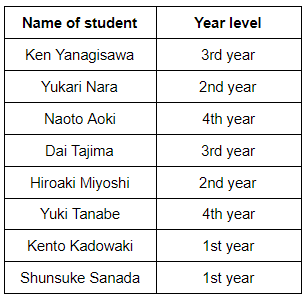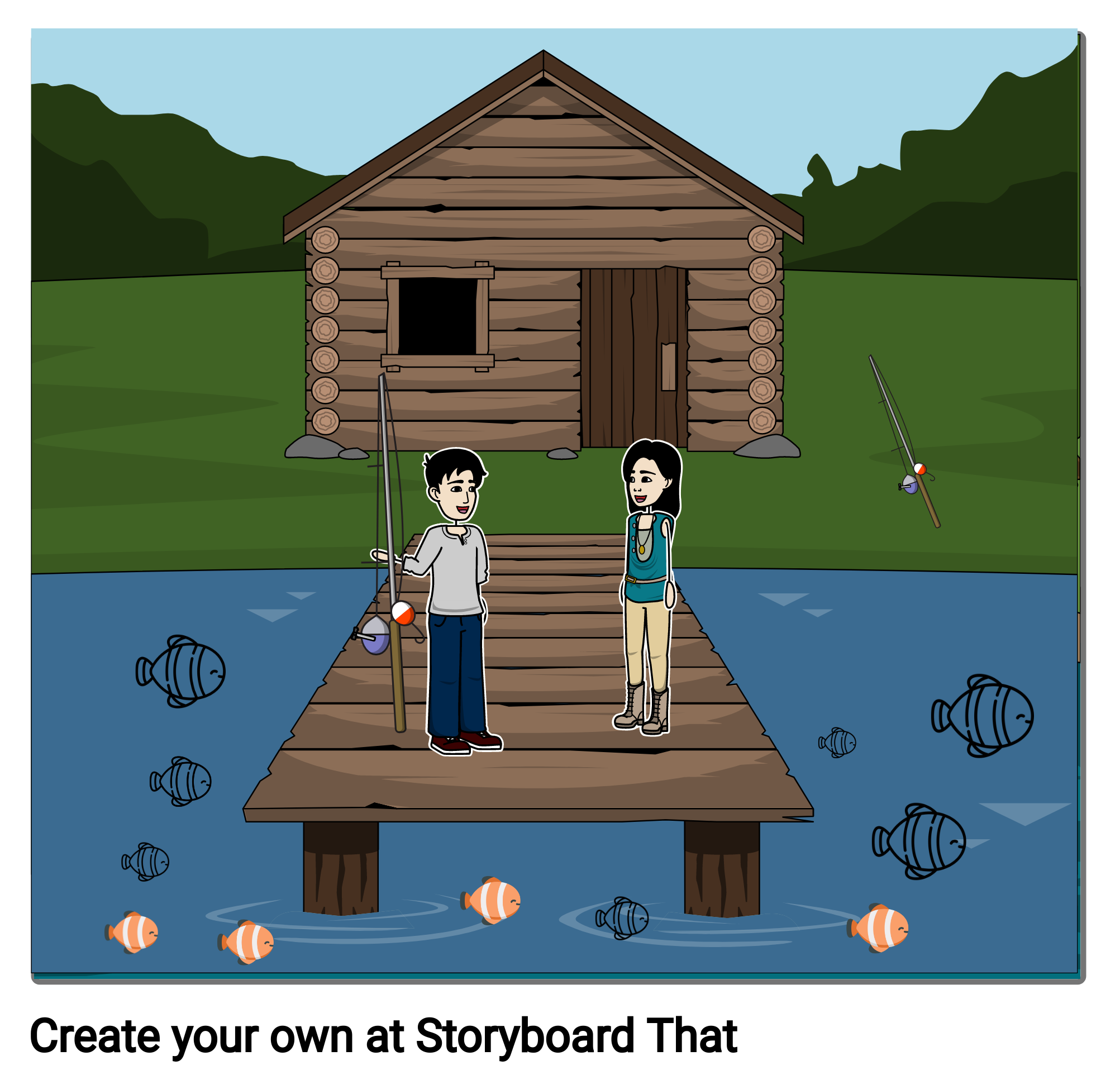LESSON GOAL
Let’s check our lesson goal.
In this material, you will learn the difference between the /dʒ/ sound and the /j/ sound, and practice pronouncing and listening to them.
In this material, you will learn the difference between the /dʒ/ sound and the /j/ sound, and practice pronouncing and listening to them.
この教材では、/dʒ/と/j/の音の違いを学び、区別して発音し、聞き取る練習をします。
PART A_1
Let’s do a pronunciation check. Read the sentence below.
まずは発音チェックを行いましょう。下記の文章を音読してみましょう。
PART A_2
You’ll love these jewels I bought from the U.S.
PART B_1
Let’s learn how to pronounce the /dʒ/ sound and the /j/ sound.
/dʒ/の音と/j/の音の発音の方法を学びましょう。
PART B_2
1. /dʒ/の音
舌の先を上あごにつけて、息を出しながら舌を丸めて発音します。この時、喉から声を出して発音します。
2. /j/の音
舌の真ん中あたりを上あごに近づけて、その間の隙間から息を出しながら発音します。
PART C_1
Let’s read the words below. They contain the /dʒ/ sound and the /j/ sound.
下記の単語を、発音を気をつけながら読んでみましょう。
PART C_2
| /dʒ/sound |
1. judge 2. joy 3. jealous 4. major 5. energy 6. large 7. message |
| /j/sound |
1. unit 2. yard 3. young 4. computer 5. billion 6. beautiful 7. community |
PART C_3
Let’s read the sentences below. They contain the words we just practiced.
下記の文章を音読しましょう。先ほど練習した単語が含まれているので、発音に気を付けて読んでみましょう。
PART C_4
| 1. | How many judges are there in the contest? |
| 2. | She felt utmost joy when her son passed the medical exam. |
| 3. | I was jealous of Jun’s new bicycle. |
| 4. | What major did you take in college? |
| 5. | It seems like children have more energy than adults. |
| 6. | There’s a large crowd just outside of the studio. |
| 7. | Can you pass her a message for me? |
PART C_5
| 1. | Pound is the monetary unit in Britain. |
| 2. | The kids are playing in the yard. |
| 3. | He’s too young to drink alcohol. |
| 4. | I saved a lot for a new computer. |
| 5. | The company nearly spent billions of dollars on the project. |
| 6. | The beach’s scenery is beautiful. |
| 7. | How do you give back to your community? |
PART D_1
Listen to your tutor as he/she reads a word aloud.
Then, answer which words he/she was reading.
Then, answer which words he/she was reading.
講師が単語を読み上げるので、聞きましょう。
その後、選択肢の中から、読み上げられた単語がどちらだったか答えましょう。
その後、選択肢の中から、読み上げられた単語がどちらだったか答えましょう。
PART D_2
問1(Question 1)
a. jam
b. yam
b. yam
PART D_3
PART D_4
問2(Question 2)
a. joke
b. yoke
b. yoke
PART D_5
PART E_1
Let’s review your pronunciation. Read the sentence below.
発音の復習をしましょう。下記の文章をもう一度音読してください。
PART E_2
You’ll love these jewels I bought from the U.S.
REVIEW AND FEEDBACK
Now, let us review the things that you learned in this lesson.
ではこのレッスンで学んだことを振り返りましょう。
(Please give a short feedback on how your student did on your class.)
| Grammar 文法 |
Pronunciation 発音 | Vocabulary 単語 |
Comprehension 理解 |
|
|---|---|---|---|---|
 GOOD GOOD |
文法の誤りはほとんどなく、完全な文章で話すことができる | ほとんどの単語をはっきりと正しく発音することができる | 習った表現を適切に使うことができる | 文章を理解し、質問に正しく答えることができる |
 FAIR |
文法の誤りはあるが、完全な文章で話すことができる | 発音の練習が必要な言葉がいくつかある | たまにミスはあるが、習った表現を適切に使うことができる | 文章を完全に理解するのは難しく、質問に正しく答えられないときもある |
 POOR |
文章で話すのは難しく、単語だけで話すことができる | 発音の練習が必要である | 習った単語と表現を少しだけ使うことができる | 文章を理解するのは難しく、質問に答えるのは難しい |



